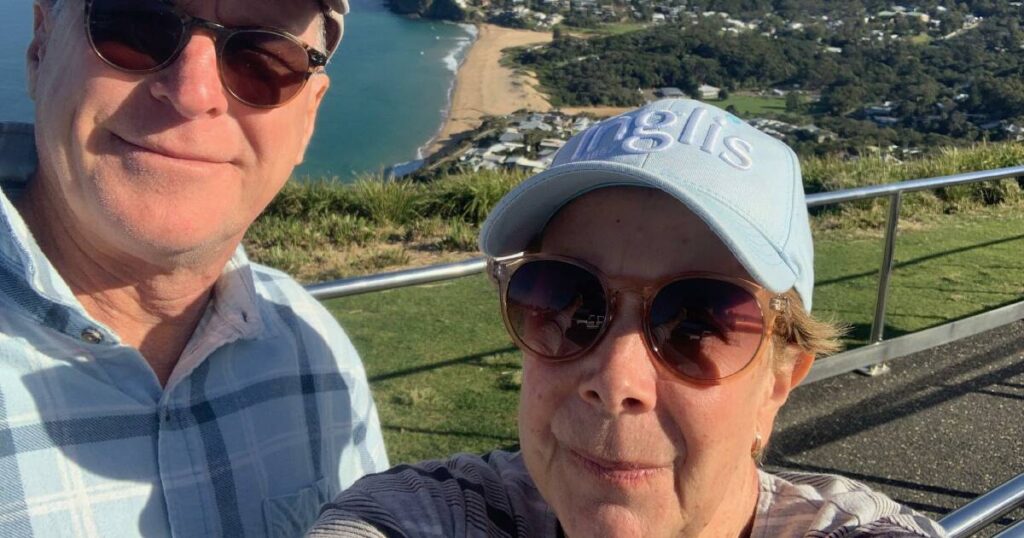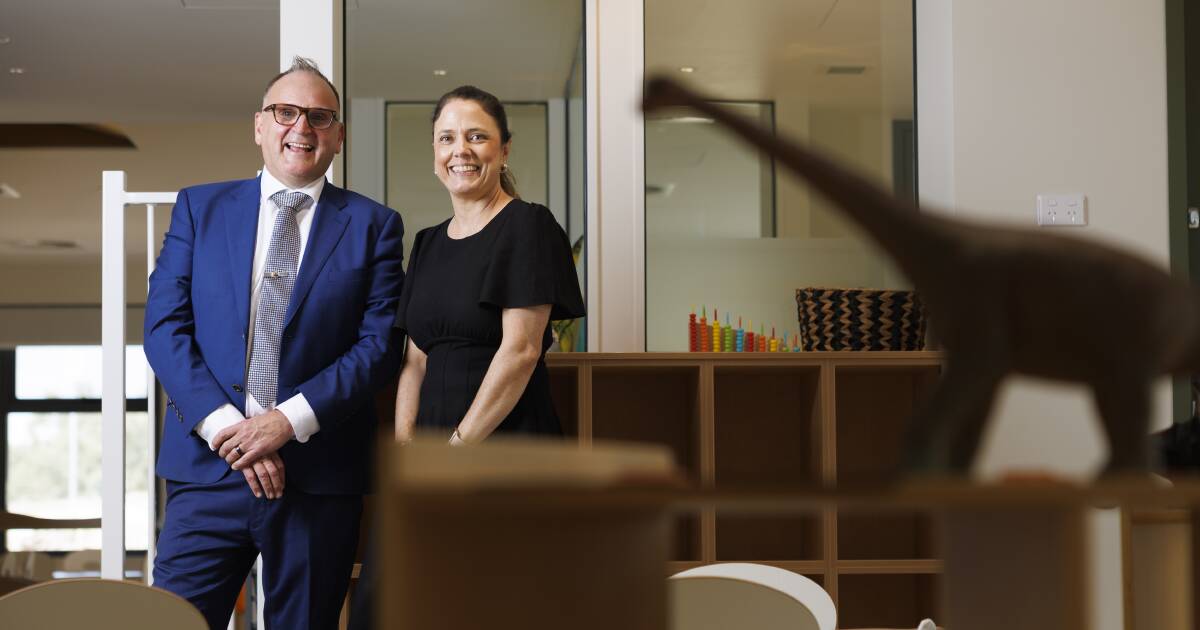
Linda Bates is determined to bring the plight of carers into the spotlight after her world was turned upside down when her husband was diagnosed with cancer. In early 2025, shortly after his retirement, Anthony Bates received a diagnosis of bladder cancer, thrusting Linda into the roles of advocate, carer, and nurse overnight.
“It happens like rapid fire. You can’t really plan anything,” Linda said, reflecting on the sudden shift in her life. She understands all too well the often ‘invisible’ pain and confusion that carers endure while looking after their loved ones, and the significant impact it has on their lives.
The Personal Toll of Caring
For Linda, the impact was immediate and profound. “I’ve had to retire,” she explained. “I turned 61 just in May, when all this happened.” Leaving behind her career as a geographic information systems (GIS) analyst was just the beginning of the toll that being a carer has taken on her life.
Adding to the complexity of her situation, Linda is also responsible for her 97-year-old mother. “She’s had a pacemaker,” Linda noted, “and there’s an impact on her as well, because I have had to take a little bit more of a backseat.”
Advocacy and Awareness
Rather than quietly accept her circumstances, Linda has taken proactive steps to advocate for carers and their needs. She has joined the Australian and New Zealand Urogenital and Prostate Cancer Trials Group (ANZUP) Consumer Advisory Panel. Through this platform, she hopes to raise awareness and provide support for those in similar situations.
“Being a carer doesn’t come with a rule book, nor does it for the patient,” she emphasized. “There’s two big stresses – not knowing the trajectory of the disease and not knowing what to do next.”
The responsibilities of a carer, Linda explained, are akin to a “full-time job,” yet there is no formal training. Carers often learn on the go, which can negatively impact their mental health. Linda recounted a particularly stressful incident when her husband developed lumps that turned out to be deadly blood clots. “I come from an engineering background… I did not know as a carer what a blood clot looked like,” she admitted. “At no point have we been told anything to watch out for.”
Looking Forward: Better Support for Carers
Linda’s involvement with the ANZUP panel aims to ensure that other carers are better informed about critical signs they should not ignore and when to seek medical intervention. Her goal is to minimize frustrations and delays in the caregiving process.
Linda’s story highlights the broader issue of the lack of support and resources available to carers. According to a report by Carers Australia, there are over 2.65 million unpaid carers in the country, many of whom face similar challenges.
“Carers are the backbone of our healthcare system, yet they often go unnoticed and unsupported,” said Dr. Emily Watson, a healthcare policy expert. “We need to ensure they have access to the information and resources they need to provide the best care possible.”
As Linda continues her advocacy work, she hopes to see a future where carers are recognized and supported in their vital roles. Her journey serves as a reminder of the resilience and dedication of those who care for others, often at great personal sacrifice.
With her efforts, Linda Bates is not only shining a light on the struggles of carers but also paving the way for systemic change that could benefit millions across Australia and beyond.





